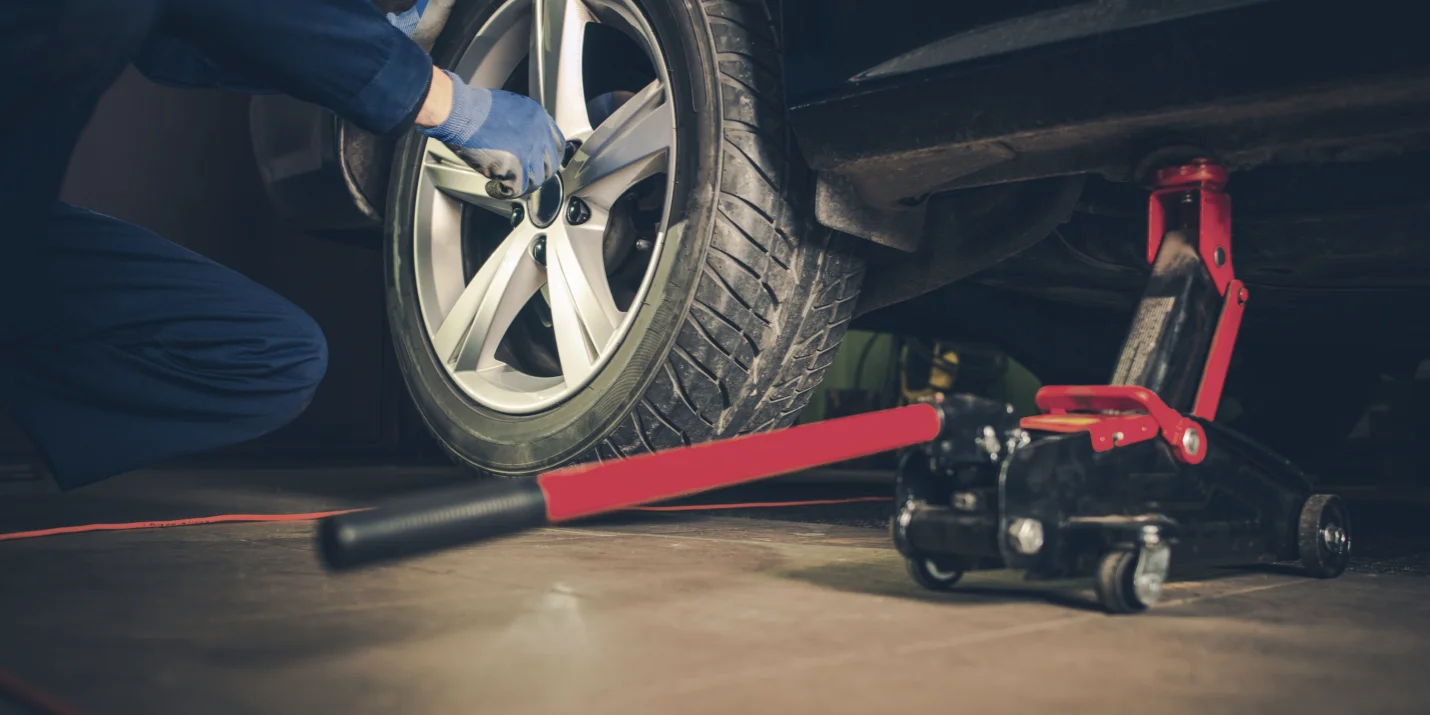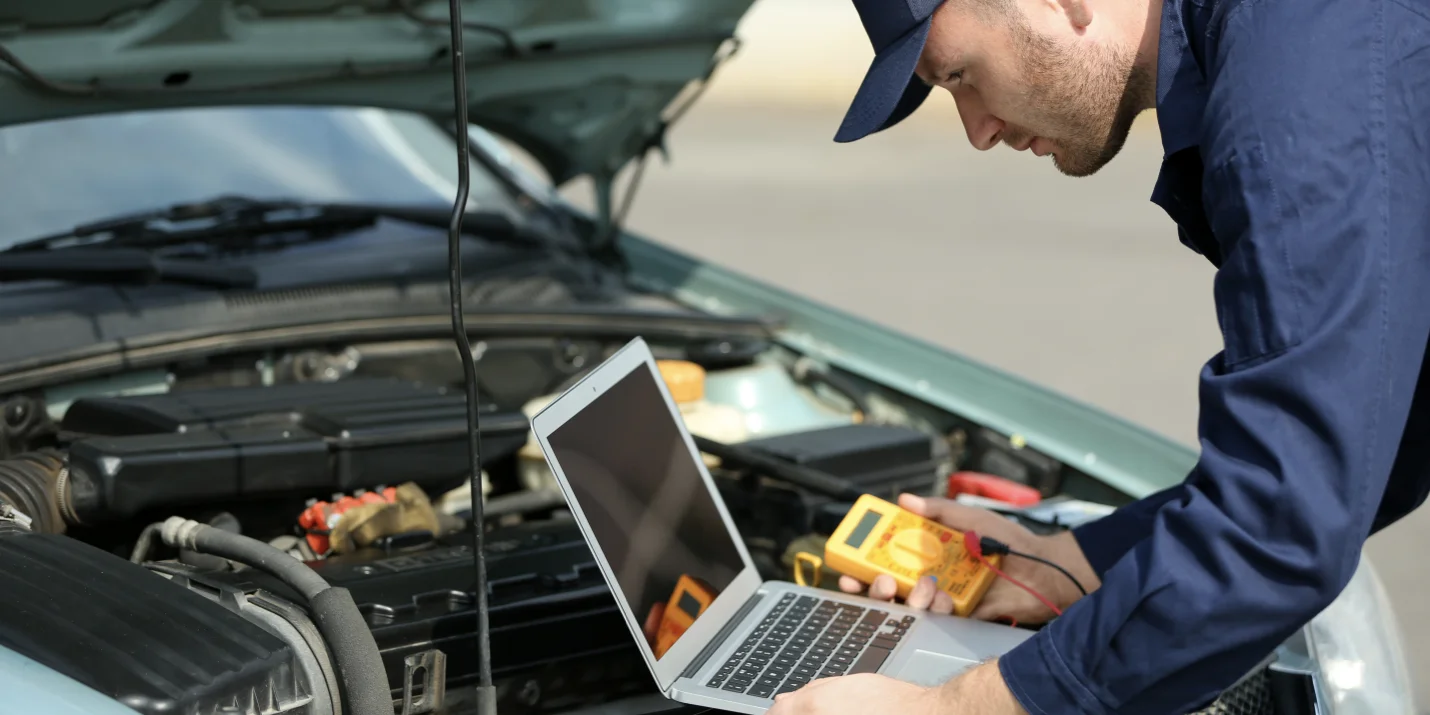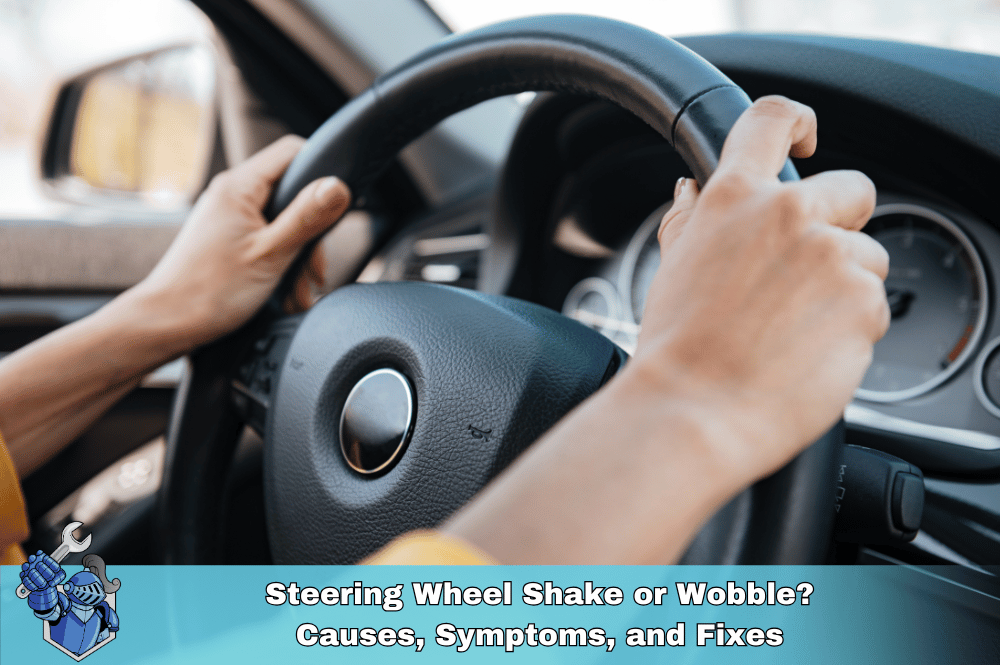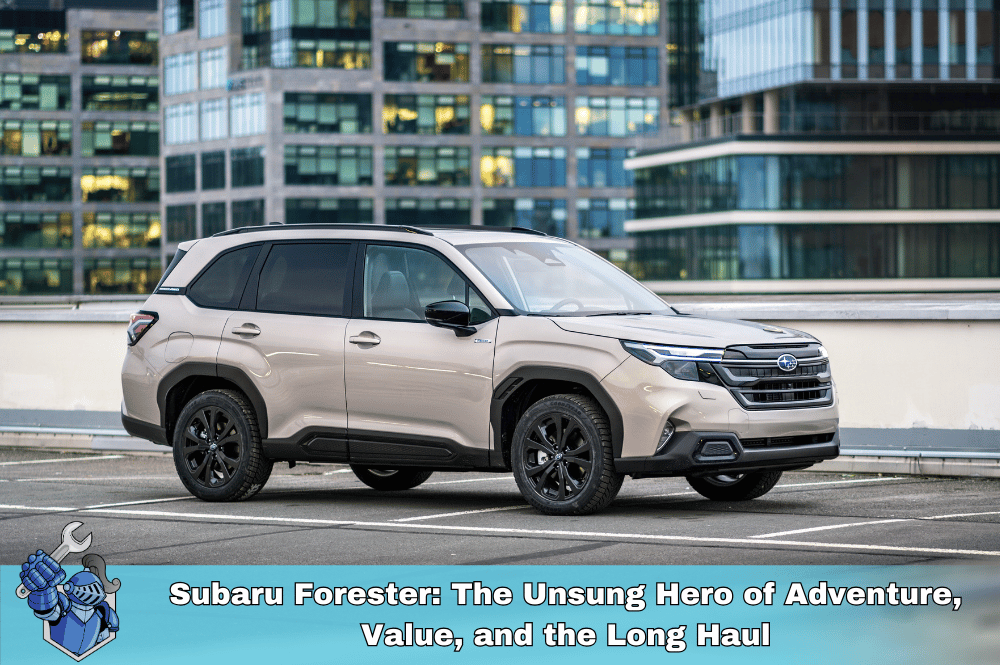When it comes to protecting your investment in a vehicle, an extended car warranty can offer peace of mind and financial security. These warranties promise to cover the cost of repairs and maintenance beyond the manufacturer's warranty period. However, before you sign on the dotted line and commit to an extended car warranty, it's crucial to understand the fine print. Commonly, these warranties come with various exclusions that can significantly impact what is covered and what isn't. In this blog, we'll delve into some of the most common exclusions in extended car warranties that will empower you to make informed decisions when purchasing one.
Extended Car Warranties: Common Exclusions
1. Pre-existing Conditions
One of the most significant exclusions in extended car warranties is coverage for pre-existing conditions. This means that if your vehicle has a mechanical issue or damage that existed before you purchased the extended warranty, the warranty provider won't cover the repairs. To avoid this pitfall, it's essential to thoroughly inspect your car and address any existing problems before considering an extended warranty. Remember that some providers might offer coverage for pre-existing conditions, but it often comes at a higher cost.
2. Regular Maintenance
While extended warranties are designed to cover unexpected and costly repairs, they typically do not cover regular maintenance. This includes routine services such as oil changes, tire rotations, brake pad replacements, and fluid top-offs. Maintenance exclusions are standard in extended warranties, so budgeting for these routine expenses separately is essential.

3. Wear and Tear
Another common exclusion is coverage for wear and tear on parts and components that naturally degrade over time. This can include items like brake pads, clutch discs, and tires. While some extended warranties offer coverage for these components, reading the fine print and understanding the specific terms and conditions is crucial. In most cases, wear and tear items are not included or may be subject to limitations.
4. Aftermarket Parts and Modifications
If you're an automotive enthusiast who enjoys customizing your vehicle with aftermarket parts or modifications, be aware that most extended warranties exclude coverage for these alterations. Installing non-factory components or making significant modifications can void your warranty entirely. Before making any changes to your car, consult your warranty provider to understand how it may affect your coverage.
5. Commercial Use
Extended car warranties are typically designed for personal vehicles, not those used for commercial purposes. If you use your car for business, check the warranty's terms and conditions. Using your vehicle for ridesharing services, delivery, or other commercial activities may void your warranty.

6. Salvage Titles
Cars with salvage titles are typically excluded from extended warranties. Salvage titles are issued for vehicles that have been significantly damaged and rebuilt, often indicating a higher risk of future issues. If you're considering an extended warranty for a car with a salvage title, check with the warranty provider to see if they offer coverage under specific conditions.
7. Environmental Damage
Extended warranties generally do not cover damage caused by natural disasters or environmental factors, such as floods, earthquakes, or fires. These events are usually considered acts of nature and fall outside the scope of standard warranty coverage. To protect your vehicle against environmental damage, consider comprehensive auto insurance or specialized coverage.
8. Neglect or Misuse
Warranty providers can deny claims if they determine that the vehicle's owner has neglected proper maintenance or misused the car. Neglect may include failing to follow the manufacturer's recommended maintenance schedule, while misuse could involve using the vehicle for purposes it wasn't intended for, such as off-roading with a sedan. To avoid such exclusions, always adhere to your car's maintenance requirements and use it appropriately.
9. High-Mileage Vehicles
Some extended warranties have mileage limitations, excluding coverage for vehicles with exceptionally high mileage. If you're purchasing an extended warranty for a high-mileage car , be sure to review the terms and conditions carefully. You may need to opt for a specialized warranty tailored to older vehicles or higher mileage.

10. DIY Repairs
Attempting to perform do-it-yourself (DIY) repairs or using non-certified mechanics may void your extended warranty. Many warranties require that repairs be conducted by authorized dealerships or certified technicians. Before having any work done on your vehicle, verify that the repair shop is approved by your warranty provider to ensure coverage.
Conclusion
Extended car warranties can offer valuable protection against unexpected repair costs, but it's crucial to understand the fine print and exclusions that come with them. Knowing what is and isn't covered can help you make an informed decision when purchasing an extended warranty for your vehicle. Always read the terms and conditions carefully, ask questions, and seek clarification from the warranty provider to ensure that you get the coverage that meets your needs and expectations. By navigating the fine print effectively, you can enjoy the benefits of extended coverage and peace of mind on the road.
For more information, please visit our Learning Center.
Suggestions for you
Read MoreLet’s work together
Every week we showcase three charitable organizations that our donations are sent to. Our clients are able to choose which of these three will receive their gift when they add coverage to their vehicle...




